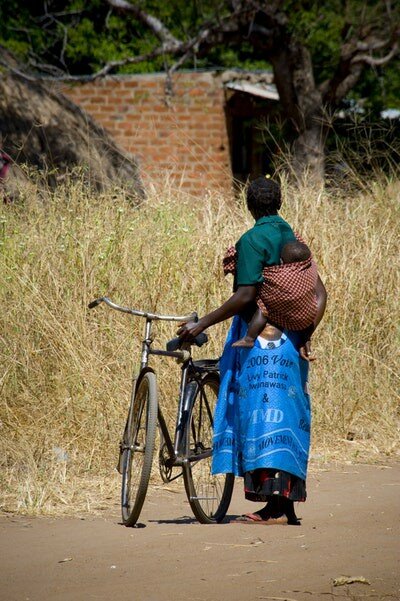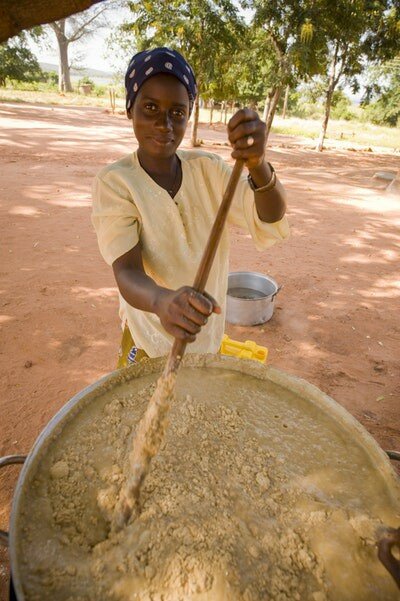What’s in a bag?
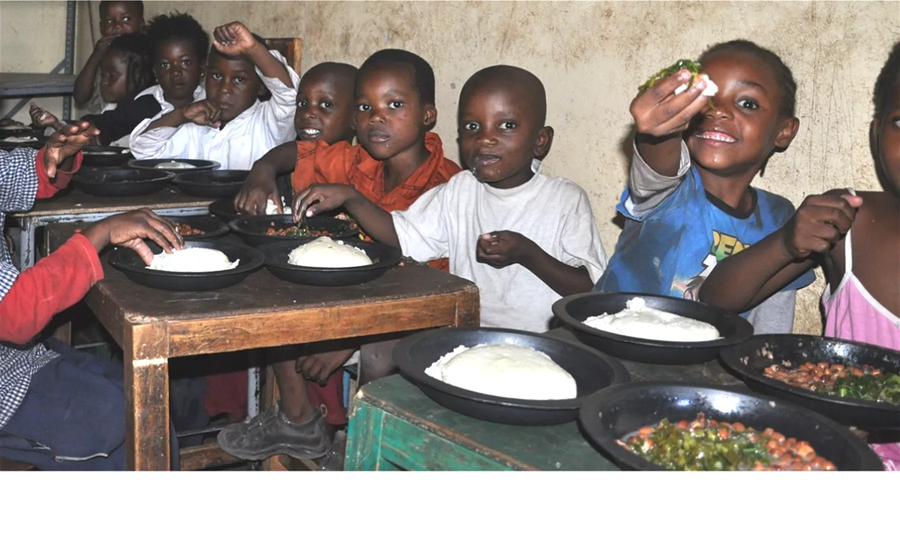
Story by Evin Joyce
Reducing food waste — including post-harvest losses — is one of the key steps to achieve Zero Hunger. This is the story of how — thanks to adequate storage techniques — a stock of locally purchased cowpeas could still be used to cook healthy, nutritious meals for school children in Zambia after laying for a year at the back of a warehouse.
Every year, the World Food Programme (WFP) buys approximately 80,000 bags (4,000 metric tons) of beans and cowpeas from Zambian smallholder farmers. These pulses are used by Zambia's Ministry of Education to feed nutritious meals to almost one million children in primary schools across the country. Assuring the quality of this food during the months between its purchase and the moment children consume it at school is a top priority for WFP.
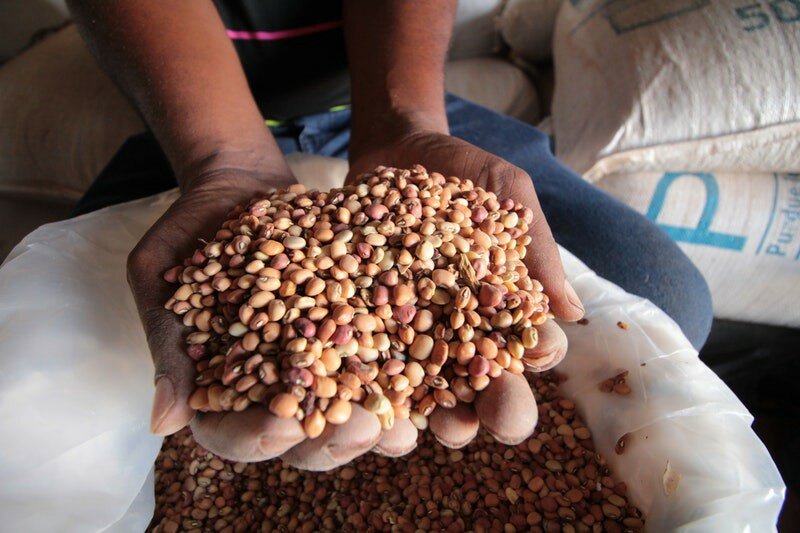
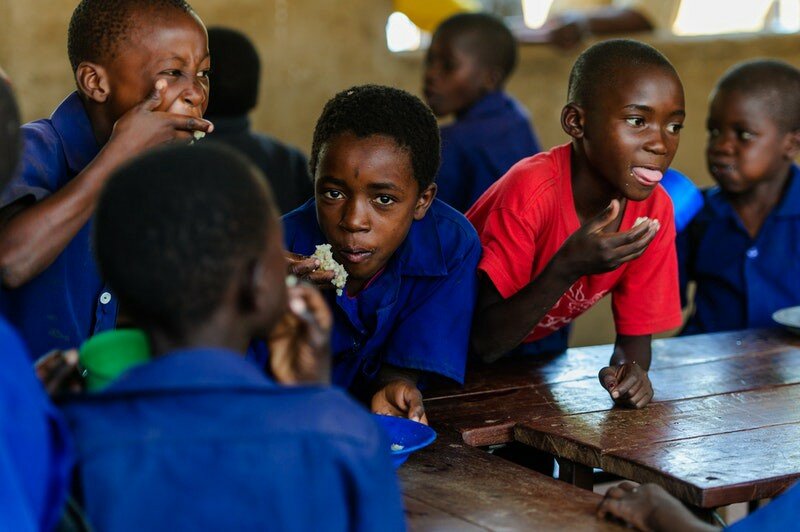
Cowpeas are notoriously vulnerable to infestation by insects called weevils. Weevils lay their eggs on cowpeas at the time of harvest. These eggs hatch as larvae and then burrow inside the cowpea. They emerge as adults one month later (usually when the crop is in storage) and reproduce. As the cycle repeats itself, thousands of the insects can be found in a single bag of cowpeas, making them unfit for human consumption. In 2011, weevils infested almost 75% of the cowpeas WFP purchased from smallholder farmers in Zambia, forcing WFP to discontinue the use of these pulses in school meals.
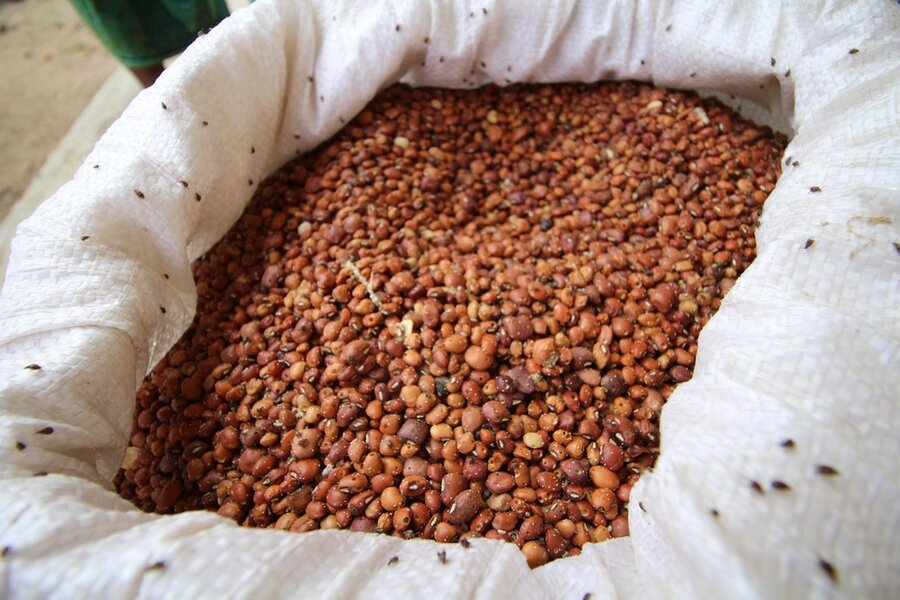
Since 2012, the cowpeas WFP buys for school feeding in Zambia are sealed in airtight bags called PICS bags©. This eliminates the risk of weevil infestation by suffocating any insects in the bag at the time of storage and preventing others from entering.
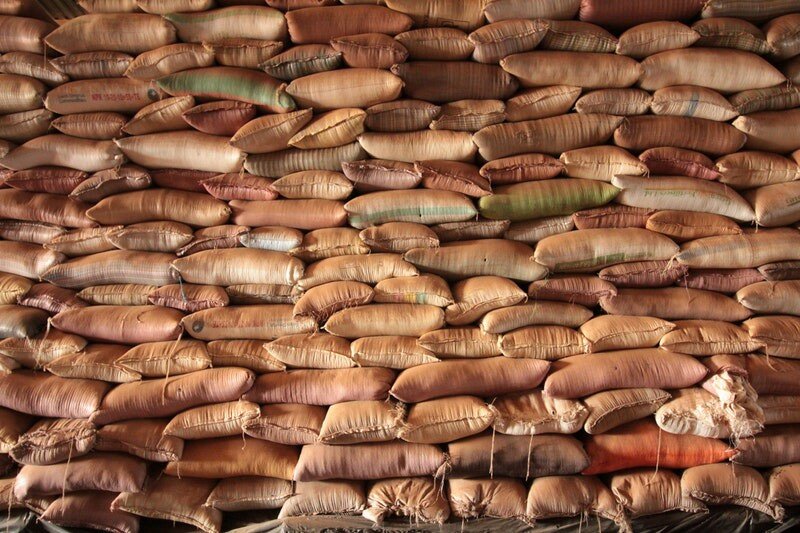
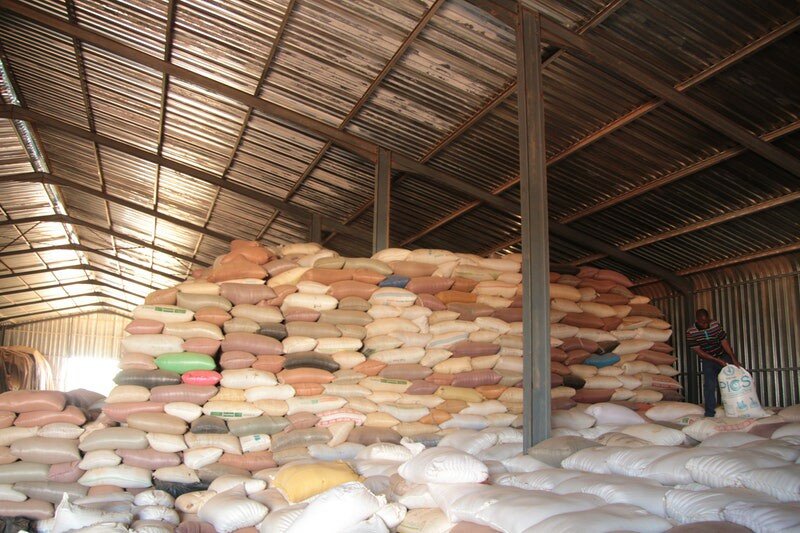
One of the most impressive examples of the effectiveness of these airtight bags happened by accident: in October 2015, 30 of these bags of cowpeas were stored at the back of a warehouse and forgotten for more than one year.
As the heavy-duty bags' two layers were opened in November 2016, the cowpeas were found to be in perfect conditions.
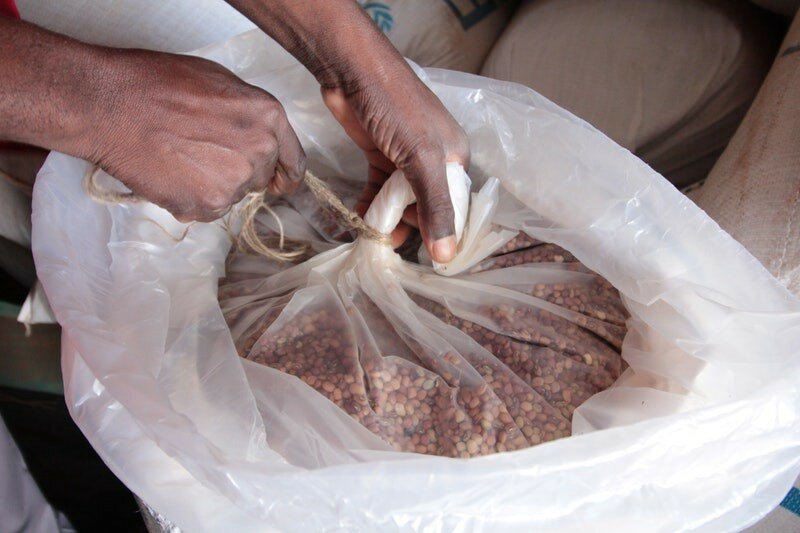
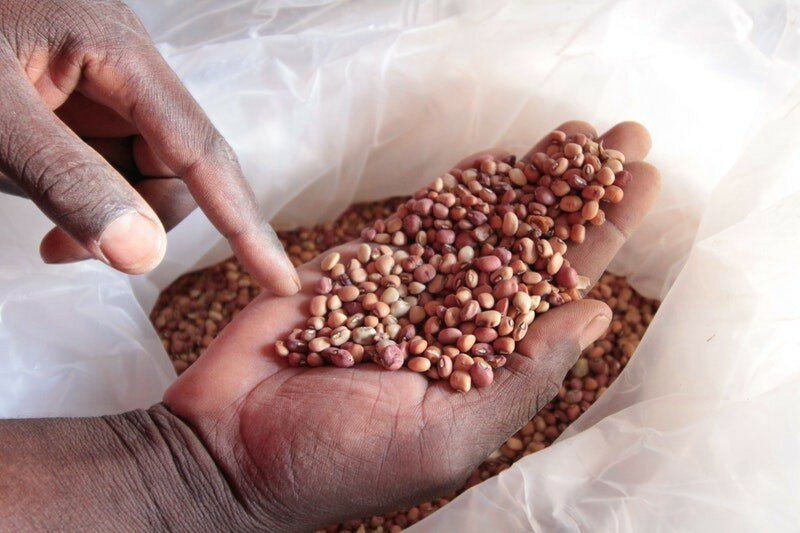
Following certification by one of WFP's quality control monitors, the 30 bags were distributed to a local primary school for use in the Government's national home-grown school feeding programme.
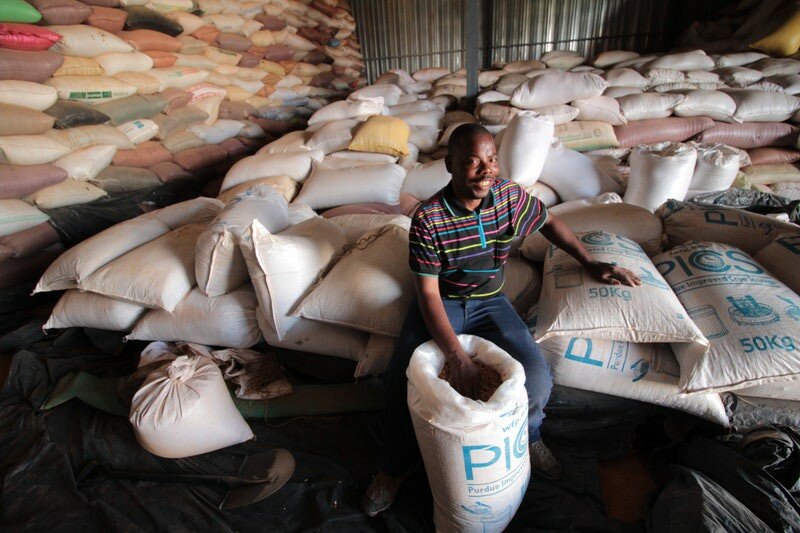
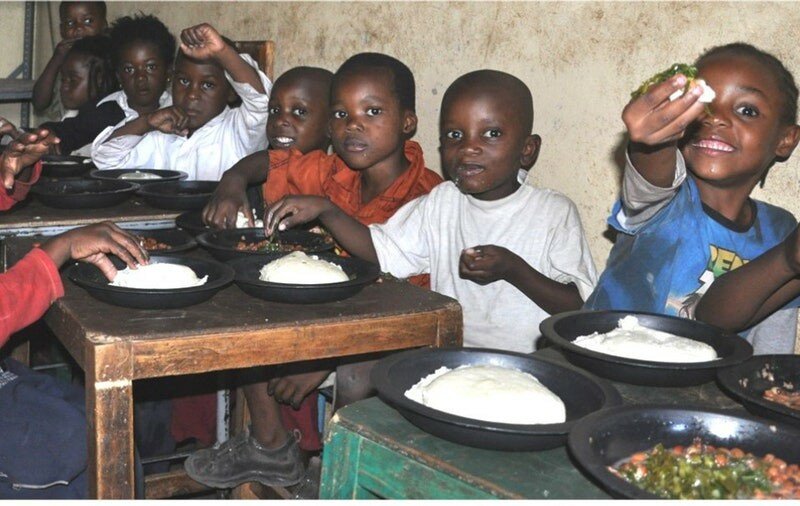
These PICS bags© are not only useful to WFP and the Government for the school feeding programme. Smallholder farmers are obliged to sell their produce immediately after harvest because they do not have the means to store it safely. Given the laws of supply and demand, the price of their produce is lowest at harvest time. Having the ability to store it in airtight bags and sell at a later date when the market price is significantly higher means farmers can increase their incomes and improve their families' food security
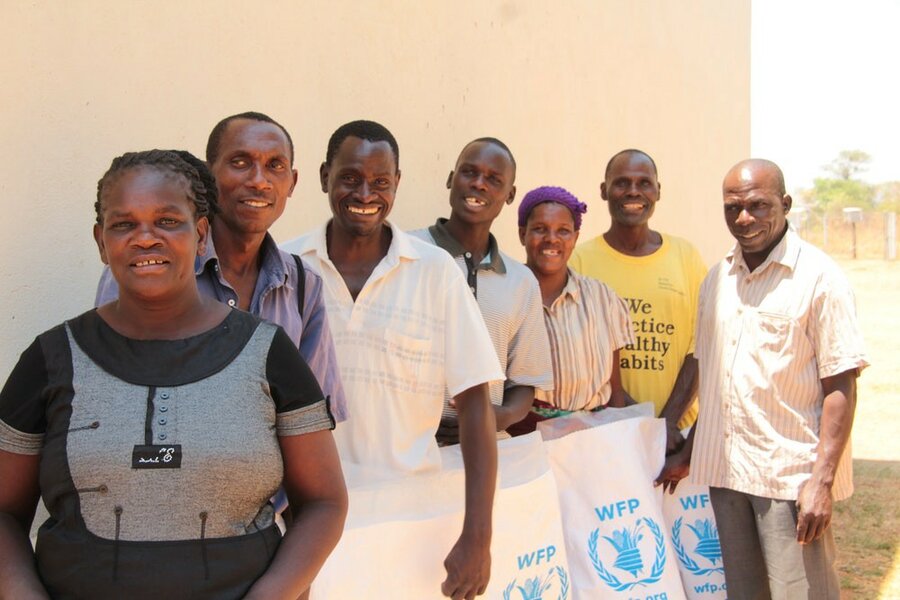
Hermetic bags are proving popular with farmers involved in a new WFP initiative running in Zambia's southern and central provinces called Maano — Virtual Farmers' Market. Not only do these bags allow for crops to be stored for longer, but also they keep them safe from parasites without using pesticides, which have harmful long-term effects on people's health. As one of the Maano farmers, Nsodo Mainda, puts it: "PICS bags© save our lives: no insects, no chemicals. "
